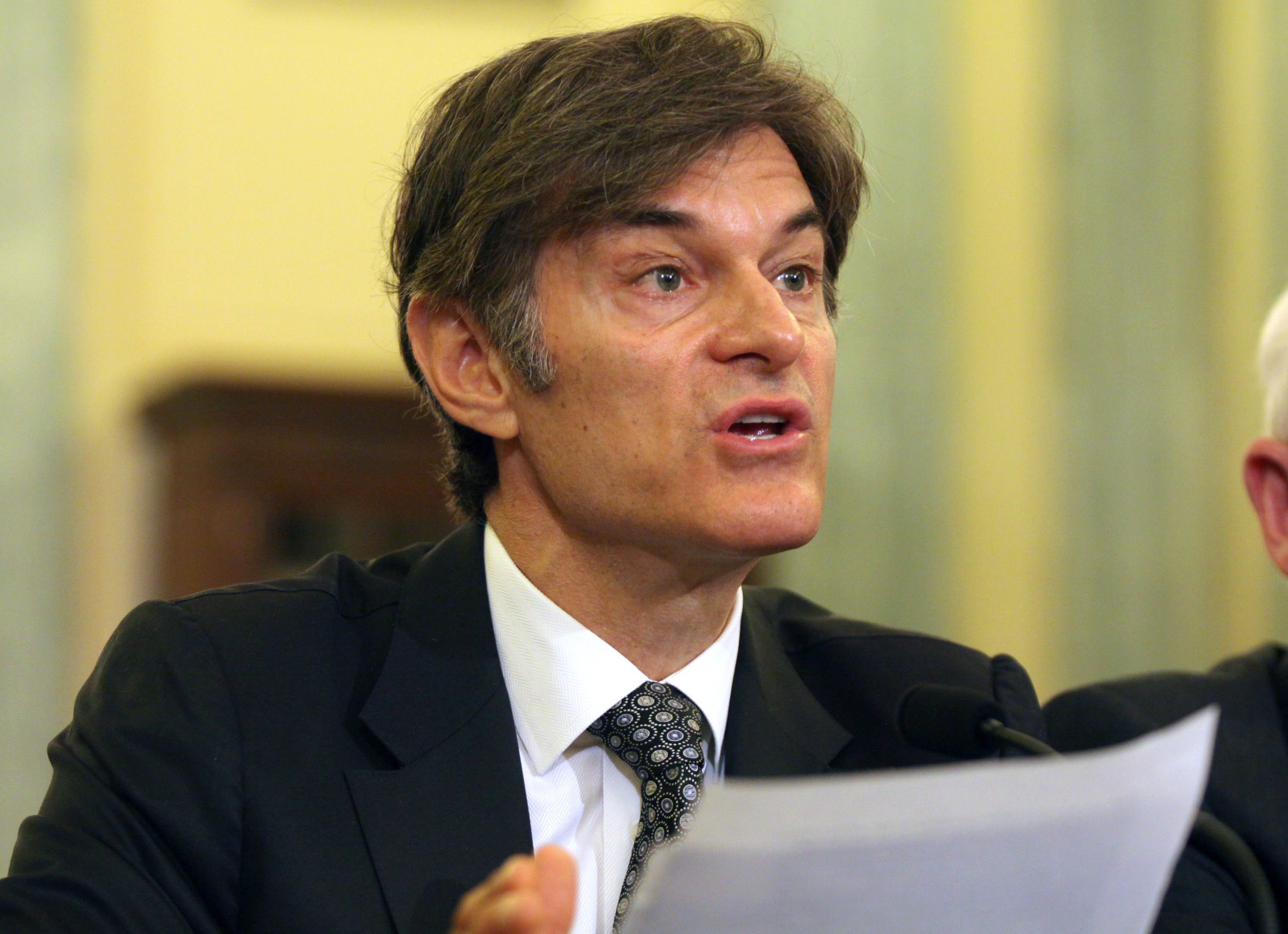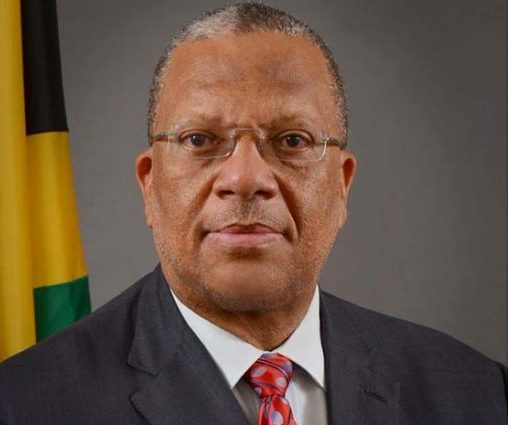2 Senate, 8 Chamber seats decided in Haiti elections, sending most races to runoffs next month
By David McFadden
THE ASSOCIATED PRESS
PORT-AU-PRINCE, Haiti _ Two candidates won election to Haiti‘s Senate and eight gained seats in the lower house in the first round of legislative elections last month, elections authorities announced in the hemisphere’s poorest country.
Eighteen more seats in the 30-member Senate and the remaining 111 spots in the Chamber of Deputies are to be decided in runoff elections Oct. 25, excluding those districts where first-round voting needs to be redone due to violent incidents and other irregularities. Voters will also be asked to choose a new president that day, but another round on Dec. 27 is expected since no candidate is likely to win an outright majority.
After weeks of delay, Haiti‘s Provisional Electoral Council posted the results of the Aug. 9 legislative elections on its website late Sunday. The site was down for part of the day Monday.
Last month’s voting was marred by disorganization, intimidation and other irregularities in a number of districts, but monitors with the Organization of American States said it was not enough to invalidate results.
Veteran lawmaker Youri Latortue and political newcomer Jean Renel Senatus won Senate seats in the first round.
Latortue, leader of the Haiti in Action party, will represent the Artibonite region in the Senate, where he has held seats previously. He has long been a political powerbroker in Haiti and is an adviser to outgoing President Michel Martelly.
Senatus was a high-profile chief prosecutor for Port-au-Prince until he was fired by Martelly’s administration in 2012. He asserted he was fired because he would not execute orders to detain a number of government opponents without legal basis.
Half of the eight deputies elected in the first round belong to the PHTK political party of Martelly, who is barred from seeking a second consecutive term as president.
The legislative races attracted more than 1,500 candidates from a slew of parties, but voter turnout was only 18 per cent in last month’s messy first round.
It was the first election Haiti has held under Martelly, who took office in May 2011 and is in the final year of a five-year term. He has governed by decree since Parliament dissolved in January.
In the absence of elections, Martelly has been accused of stacking the deck in his favour by appointing mayors and other municipal officials to replace those whose terms expired.
Under Haiti‘s constitution, the party or coalition with the most legislative seats gets to choose the prime minister, who acts as head of government and appoints Cabinet members and most administrative posts.
___
David McFadden on Twitter: http://twitter.com/dmcfadd





